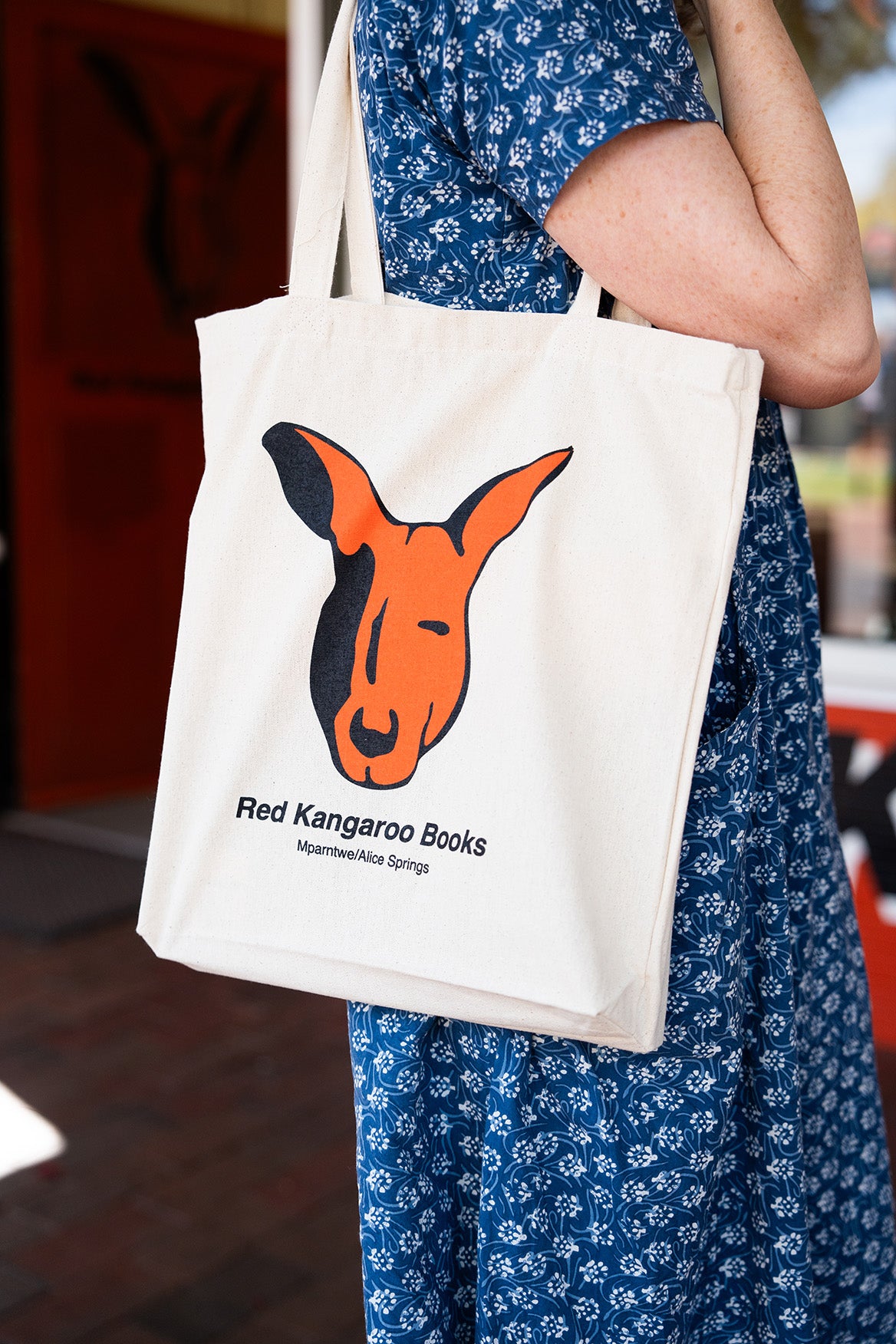Biting the Clouds by Fiona Foley. Book reviewed by Chips Mackinolty

Biting the clouds by Fiona Foley
There’s a certain symmetry to the life and work—artistic and now literary—of Badtjala woman Fiona Foley. The subtitle of her book—A Badtjala perspective on the Aboriginals Protection and Restriction of the Sale of Opium Act, 1897—tells of a piece of legislation that dominated the lives of Aboriginal Queenslanders for many decades, and which was later mirrored in the apartheid laws of South Africa.
That, and the public engagement of Foley some 90 years after the Act’s proclamation, marks her as one of Australia’s consistently political Aboriginal artists from the establishment of Boomalli Artists Cooperative in Sydney in 1987. As a founding member of Boomalli, Foley’s commitment to the lands of her ancestors—K’gari (Fraser Island)—has been unabated.
This book—based on her doctoral thesis—outlines the vicious history of her lands under invasion, resistance, colonialism and assimilation is an important part of the process of truth-telling First Nations require of us. It really is a must-read book, even for those of us in central Australia.
She takes us back to the members of her family who informed her, and now the reader, of a history that sought to eliminate Aboriginal peoples of Queensland from the establishment of the reserve system, to the stealing of children, and the subjugation of Aboriginal people in the workforce. The restriction of the sale of opium? Yes, in Queensland opium was a central part of this subjugation, not as part of an imagined exoticism of an opium den, but as a deliberate practice of addicting Aboriginal rural and pastoral workers to the consumption of opium ash in lieu of wages. This little known footnote to history was first taken up in her practice back in 2006 with her exhibition on that very subject: this is an extension of what she terms the “historical silences” that mark the national story.
While, yes, she takes us through myriad official documents augmenting the oral histories of her people, the book also elaborates on those records through her own work as a visual artist, sculptor, photographer and filmmaker. The final chapters bring the themes of the book together in, at times, shocking and confronting terms. The last chapter, in particular, asks us to face the realities of the stories she tells, and why we should rethink the histories so many of us have grown up to accept.
Disclaimer: The author has exhibited artwork at a number of group exhibitions with Fiona Foley




